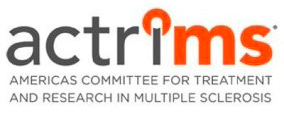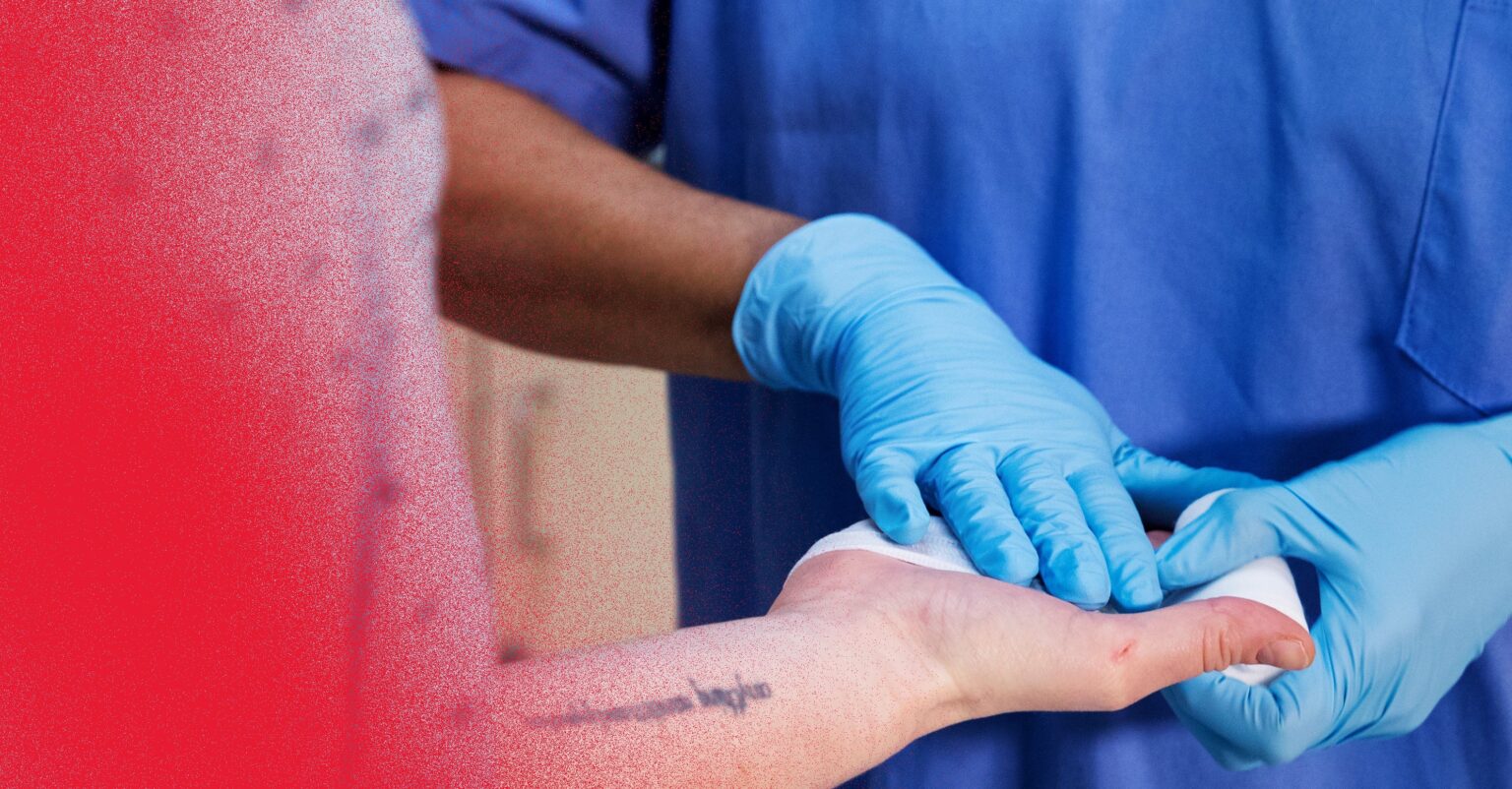Conflict of interest and disclosures
While ECTRIMS is a wholly independent professional organisation, we are pleased to have as partners both corporate and not-for-profit entities that share our mission. To eliminate the possibility of real or perceived conflicts of interest, ECTRIMS has transparent policies regarding sponsorship of its activities.
ECTRIMS endorsement policies and procedures
In keeping with its mission, ECTRIMS will consider endorsement of activities, initiatives, and policies of other organisations. For more information about the ECTRIMS endorsement policy and procedures, click here.
Policies on ECTRIMS Congresses
ECTRIMS is determined to reduce inequalities of all kind within the field of MS. Therefore, we have guidelines for faculty selection for the annual conferences and all other educational activities, taking gender, age, and geographical diversity into consideration.
For guidelines and policies referring to activities surrounding the ECTRIMS Congress, please click on the relevant topic:
> ECTRIMS Code of Practice for Annual Congresses
> ECTRIMS Press and Media Policies and Procedures
Conflict of interest and disclosures
ECTRIMS is pleased to cooperate with regional MS societies worldwide to facilitate communication and enhance research and clinical care in MS. Every third year, ECTRIMS organises a joint international congress with ACTRIMS (Americas Committee for Treatment and Research in Multiple Sclerosis) alternating between European and Northern American locations.
In addition, RIMS (Rehabilitation in Multiple Sclerosis) and IMSCOGS (International Multiple Sclerosis Cognition Society) join the ECTRIMS annual congress on a three-year rotation basis.
ECTRIMS collaborates with the following organisations that have programmes and services that are of interest to the European professional community focused on multiple sclerosis:

Americas Committee for Treatment and Research in Multiple Sclerosis (ACTRIMS):
ACTRIMS is a non-profit North American organisation dedicated to treatment and research of MS, dissemination of knowledge, and collaboration among disciplines.
The ACTRIMS annual meeting for clinicians and researchers includes the Donald Paty Memorial Lecture, which recognizes an individual who has made important contributions to MS treatment and research.

European School of Neuroimmunology (ESNI):
ESNI offers a long-running educational programme, from basic immunology to clinical neuroimmunology.

European Charcot Foundation (ECF):
The ECF is a non-profit independent organisation to advance multiple sclerosis research in Europe with symposia and teaching courses on focused topics related to MS. The ECF also organizes, directs, and conducts treatment trials for MS and publishes results in peer-reviewed journals.

European Academy of Neurology (EAN):
The EAN is the organisation that gathers neurologists from all Europe. Currently, 45 European national neurological societies, as well as 800 individuals, are registered members of the EAN. Overall, the EAN represents more than 19,000 European neurologists. The EAN offers a variety of grants and fellowship programmes to young neurologists.

Magnetic Resonance in Multiple Sclerosis (MAGNIMS):
MAGNIMS is a European network of academics that share a common interest in the study of multiple sclerosis using magnetic resonance imaging techniques.

Multiple Sclerosis International Federation (MSIF):
The MSIF is an international body that aims to link the activities of national MS societies around the world by encouraging international research, developing new and existing MS societies, exchanging information, and supporting advocacy efforts. Links are provided to MS societies and organisations throughout the world. The MSIF also offers grants and fellowships for young MS investigators and a lifetime achievement award in MS research.

Rehabilitation in Multiple Sclerosis (RIMS):
RIMS is a European network for best practice and research in MS rehabilitation.
They represent and bring together health care professionals, researchers, and patient organisations from different settings with the aim to enhance activity, participation, and autonomy of people with MS by developing and advocating evidence-based rehabilitation.
How to Obtain ECTRIMS Support/Collaboration
ECTRIMS may endorse and/or support meetings and other initiatives promoted by other organisations that complement and support ECTRIMS goals.
Endorsable initiatives:
- Position papers and guidelines written by multinational experts (preferably including Europeans)
- Multinational European and/or worldwide collaborative research projects not requiring funding or already funded by others
- European or worldwide scientific meetings not sponsored by a single pharmaceutical / biotech company
- European multinational teaching courses not sponsored by pharmaceutical/biotech companies.
Procedures for obtaining an endorsement by ECTRIMS are described here.
Funding Requests
ECTRIMS has limited funding available annually to support scientific and clinical programmes such as educational events and related activities organised by others that are consistent with the ECTRIMS mission of supporting information exchange related to multiple sclerosis. To apply for funds, the following form should be submitted in a timely fashion – well before the anticipated programme – to the ECTRIMS Secretariat for evaluation.
Interactions with the European Medicines Agency (EMA) Sources
The European Medicines Agency (EMA) has established ‘eligibility criteria’ in order to make sure that it only establishes dialogue with the most suitable organisations that act in the interests of European patients, consumers and healthcare professionals.
As part of the evaluation for EMA eligibility, ECTRIMS has provided the agency with the following financial information:
- The highest contribution from a single company is less than 6.57% of the organisation’s total income
- The industry related income amounts to 37% of the overall organisations’ income
- The non-industry related income amounts to 63% of the overall organisations’ income.











